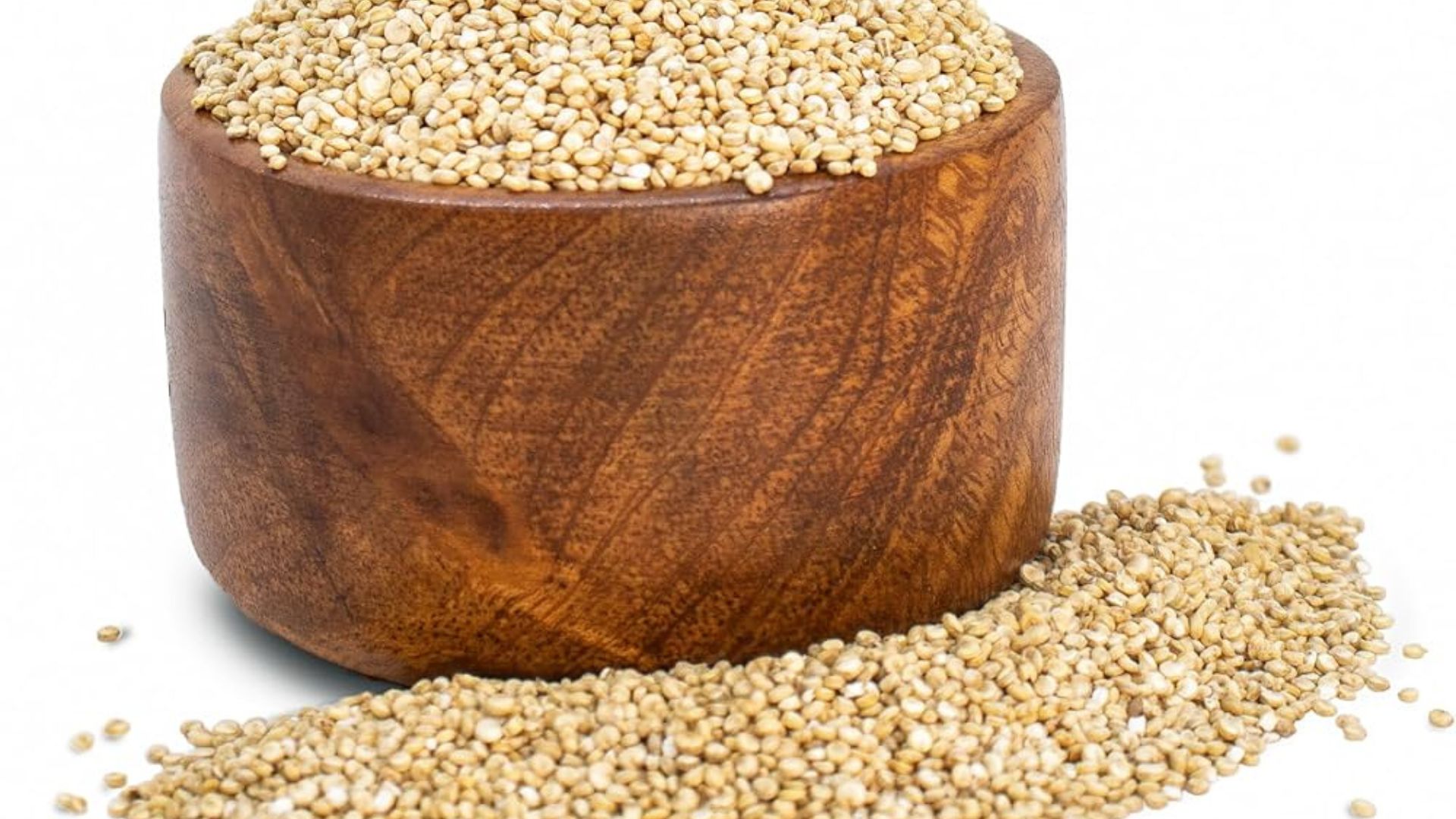|
Getting your Trinity Audio player ready...
|
When it comes to selecting nutrient-rich crops for agri-food products, certain choices stand out for their incredible health benefits and adaptability. These crops not only provide essential nutrients to our diets, but they also meet the needs of the food industry in terms of versatility and yield. From leafy greens to hearty grains, nutrient-dense crops are essential for creating balanced and beneficial agri-food products. Let’s give you a closer look at some of the best nutrient-rich crops for agri-food use, as well as what makes them so valuable.
Nutrient-Rich Crops for Agri-Food Products
Quinoa: A Protein-Packed Grain
Quinoa is highly valued in the world of nutrient-rich crops for agri-food products due to its impressive protein content and complete amino acid profile. It’s a versatile crop that adapts well to various climates and soils, making it a sustainable choice for farmers. Quinoa is also rich in fiber, iron, magnesium, and vitamins, which are important for creating nutritionally balanced food products. Its mild flavor and texture make it suitable for everything from cereals to snacks and even flour

Sweet Potatoes: High in Fiber and Antioxidants
Sweet potatoes offer a natural source of carbohydrates and fiber, making them a valuable crop for energy-boosting food products. Their nutrient profile and natural sweetness make them highly appealing to health-conscious consumers.
Kale: A Green Leafy Powerhouse
Kale is a powerhouse in the world of nutrient-rich crops for agri-food products because of its high levels of vitamins A, C, and K, as well as its fiber and antioxidant content. This leafy green crop is versatile in agri-food products, being used in salads, smoothies, and even snack items like kale chips. Kale’s dense nutrient profile makes it ideal for products aimed at health-conscious consumers who are looking for clean, plant-based options with impressive health benefits.
Chickpeas: A Source of Protein and Fiber
Chickpeas, or garbanzo beans, are popular in plant-based and vegetarian diets due to their high protein and fiber content. They’re also rich in minerals such as iron, magnesium, and potassium. Chickpeas are used to create nutrient-dense products like hummus, pasta, and snack foods, making them an essential crop in the nutrient-rich agri-food market. With their versatility, chickpeas continue to grow in demand as consumers seek healthy alternatives to animal-based proteins.
Spinach: Packed with Iron and Calcium
Spinach is a highly nutritious leafy green that offers a significant amount of iron, calcium, and vitamin C. Spinach’s nutrient density and mild flavor make it a valuable ingredient for food companies aiming to boost the health benefits of their products.
Avocado: A Healthy Fat Source
Avocados are also rich in vitamins C, E, and K, along with folate and potassium. This fruit is popular in nutrient-rich agri-food products such as guacamole, spreads, and even oils. Avocado’s creamy texture and rich flavor have made it a staple in health-focused food products and an attractive choice for consumers looking for natural sources of healthy fats.
Blueberries: High in Antioxidants
With their natural sweetness and health benefits, blueberries add both flavor and nutrition to products, making them a preferred ingredient in health-conscious markets.
Oats: A Heart-Healthy Whole Grain
Oats are among the most popular nutrient-rich crops for agri-food products due to their high fiber content, particularly beta-glucan, which supports heart health. They also provide essential minerals like iron, zinc, and magnesium, which help improve overall health. They’re affordable and easy to grow, which makes them an accessible and sustainable choice for both farmers and consumers.
Lentils: A Plant-Based Protein Source
Lentils are a highly nutritious crop, rich in plant-based protein, fiber, and essential nutrients like iron and potassium. They’re easy to store and prepare, which has made them a staple ingredient in a variety of agri-food products, including soups, protein-rich snacks, and even pasta. Lentils’ dense nutrient profile makes them a go-to option for health-conscious consumers and a valuable crop for sustainable agriculture.
Carrots: High in Beta-Carotene
Carrots are known for their high levels of beta-carotene, an antioxidant that supports eye health and skin wellness. Their sweet flavor and crunchy texture make them suitable for agri-food products like snacks, juices, and even baked goods. Carrots offer a range of vitamins and minerals, such as potassium and vitamin K, which contribute to a balanced diet. Their ease of growth and storage also make them a practical choice for farmers aiming to supply nutrient-rich crops to the food industry.
Conclusion
The demand for nutrient-rich crops for agri-food products continues to grow as more consumers prioritize health and wellness in their diets. From protein-rich quinoa and chickpeas to antioxidant-packed blueberries and spinach, these crops provide essential nutrients while also enhancing the appeal of various food products. By choosing these nutrient-dense crops, farmers and food producers can create products that meet the nutritional needs of today’s health-conscious consumers, promoting a more sustainable and healthy food system.
You may find this information useful:
The Impact of Climate Change on Agri-Foods
Best Techniques for Agri Food Soil Health Improvement
Farmer’s Markets: A Paradise for Agri Food Enthusiasts
Organic Farming and its Benefits

